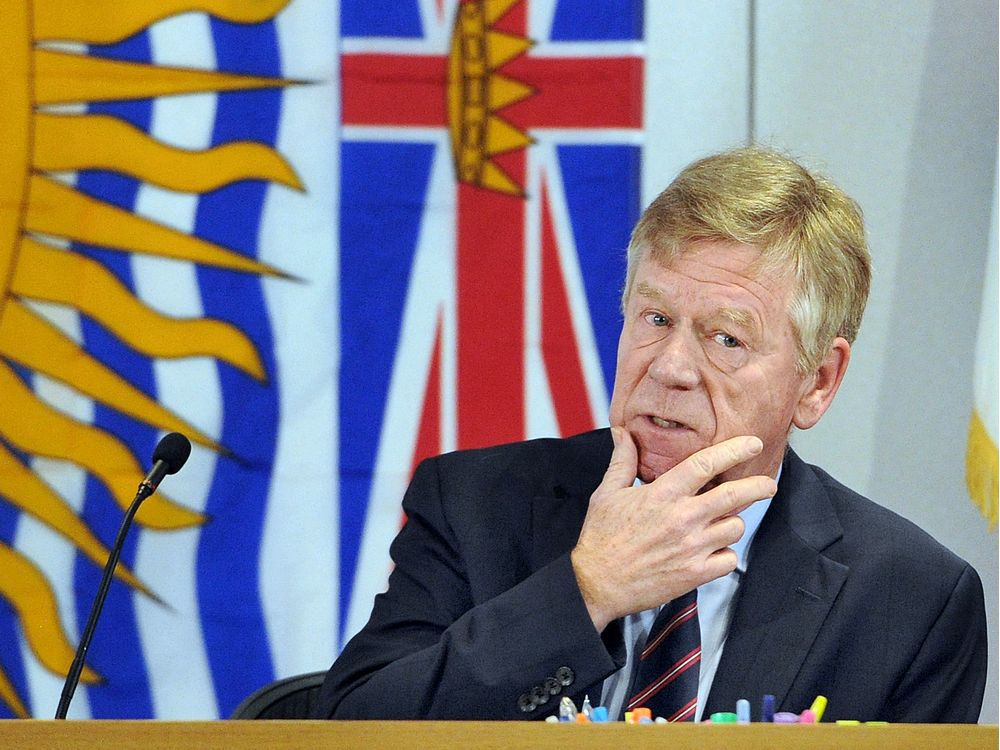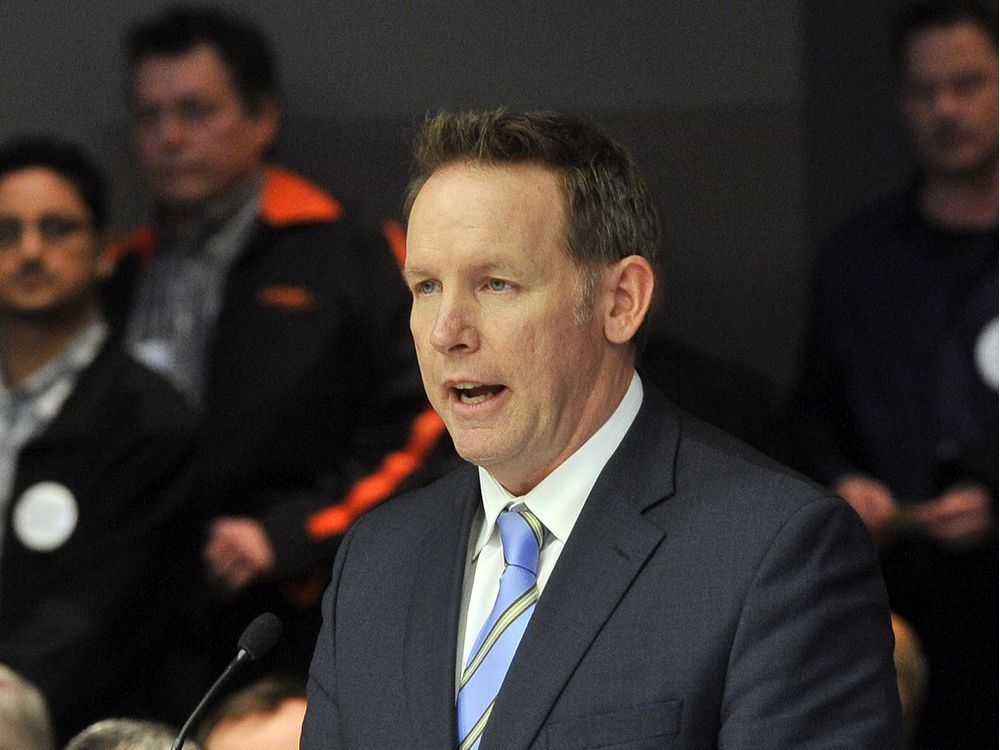
Wonder why the B.C. gambling regulator didn’t act a decade ago when some thought a tsunami of dirty money was beginning to swamp casinos?
The bureaucrat in charge of B.C.’s Gaming Policy and Enforcement Branch considered it a ripple — tens of millions, perhaps, but still less than one per cent of the casinos’ annual $6 billion rake.
“In relation to the total buy-in, I did believe it to be small,” Doug Scott told the Cullen commission into money-laundering, referring to suspicious cash. Scott, a deputy minister, was manager of the enforcement branch from 2011 to 2013.
“It wasn’t the fact that it was small that made me think we didn’t need to take action,” he said, referring to his response to the potential threat. “What informed me … was (it was) small relative to the $6 billion or so.”
Even though he believed some of the suspicious cash was the proceeds of crime, the former Mountie didn’t think the RCMP cared — as there had been no enforcement and no prosecution for money laundering or proceeds of crime and ta dedicated enforcement unit had been disbanded in 2009.

